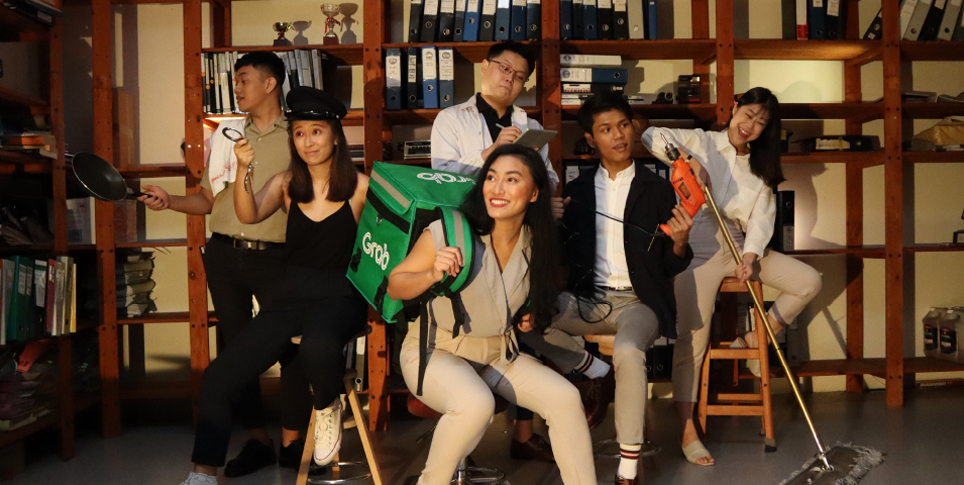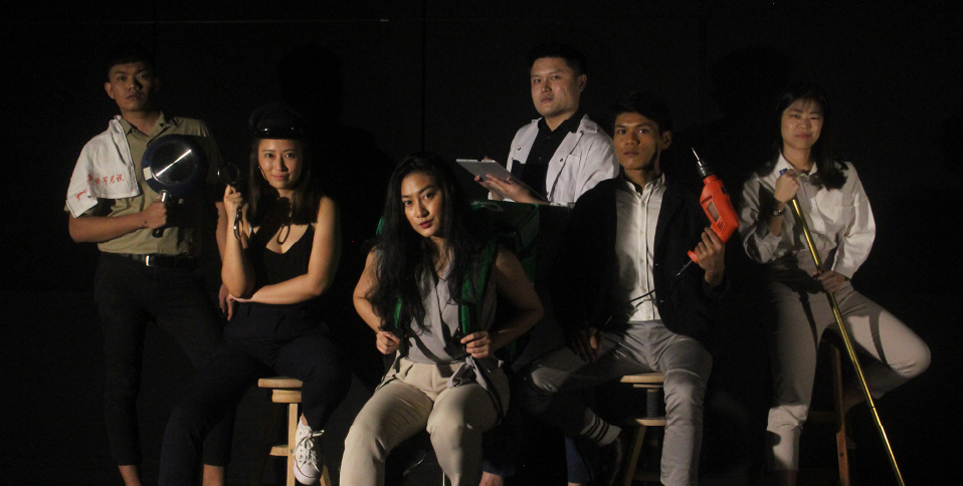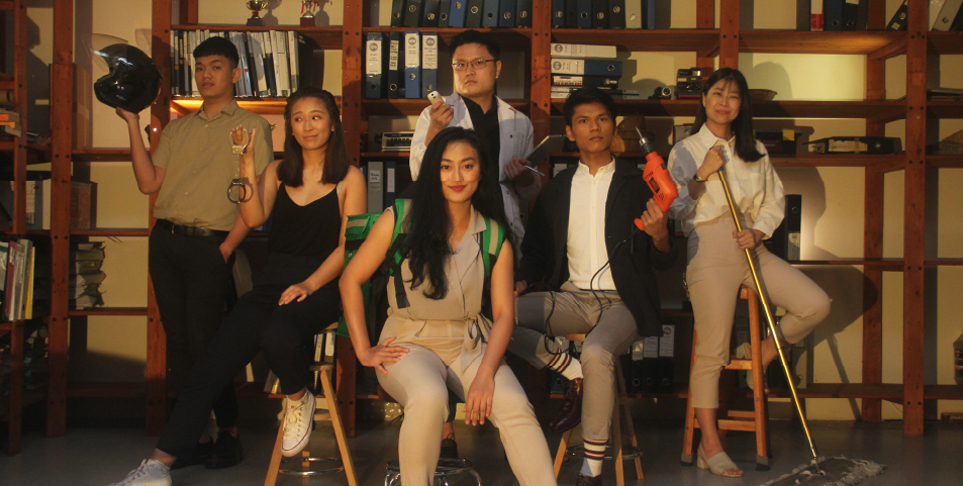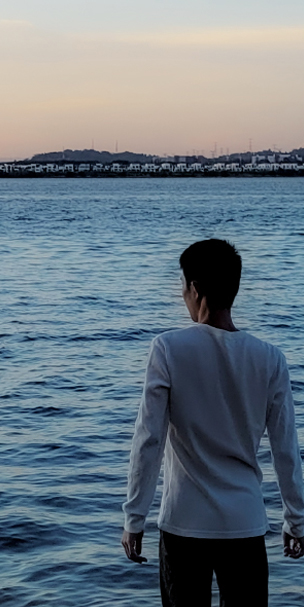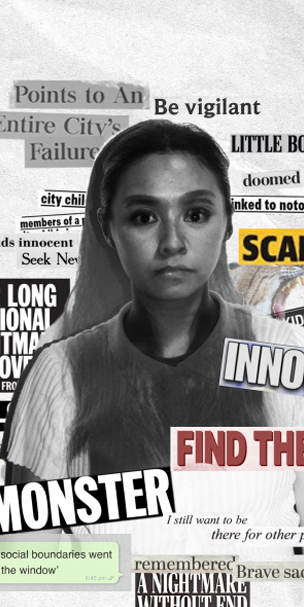The Essential Playlist
The Second Breakfast Company
(Singapore)
—Bakchormeeboy on Performing Malay Sketches
In post-COVID-19 times, a group of millennial comedy content creators hopes to seriously review and revamp their brand image to take on more social issues. Staggering teams in their rented office space, they pitch content ideas for a new series called The Essential Playlist, combining human feature vignettes, thought experiments and fictionalisations of real-world encounters of and with essential workers in Singapore.
In unravelling these (un)filtered stories, creative conflicts surface within the group: pandering to political correctness; recycling their established comic, satirical approach with insensitive portrayals; criticising intentions and blind spots of privilege. What edits and revisions will be accepted or rejected? Why does this advocacy matter to the team? How does any essential worker even stand to benefit from this entire exercise?
RELATION TO THE HELPERS
In 2020, nationwide consciousness of the essential worker’s plight raised concerns of differing working conditions and pressures, and the undervaluation and underappreciation of such labour. Undoubtedly, these individuals have helped keep Singapore going even before the pandemic.
To this end, many individuals, groups and organisations have come forward to help represent and highlight the struggles that different essential workers face. From cleaners, hawkers, and food delivery riders, to healthcare and medical staff, our social media feeds have been increasingly filled with content and stories of individuals being ill-treated or underappreciated.
But after the countless features spotlighting overlooked jobs and the people quietly working behind them, we need to ask the essential question: just how helpful have all these stories been? Are our expressions of appreciation and solidarity as readers and viewers merely lip service? Just how willing are we to help them?
COVID-19 is over. A group of content creators in their late 20s and 30s want to improve their brand. So, they try to make videos about social problems.
They work in small groups in their rented office space. They discuss ideas for a new series called The Essential Playlist. This series shows both real and imaginary stories of essential workers.
When they discuss these stories, they argue with one another.
- Some think that the stories will offend other people.
- Some do not agree with using their old content again.
- Some feel that they do not care about how others feel.
- Some do not agree with the purpose.
What changes will they accept? Why does the team care about speaking up? How does all this help essential workers?
RELATION TO THE HELPERS
In 2020, people in Singapore know more about the problems that essential workers face. Their work is hard. People do not care enough about them. But these workers have been helping to build Singapore even before COVID-19 happened.
Many people and organisations speak up for these workers. On our social media, we see many stories of how other people treat them badly. These stories are about cleaners, hawkers, food delivery riders, healthcare workers.
But do all these help the essential workers? Do we only talk about it but do not do anything about it? Just how willing are we to help them?
